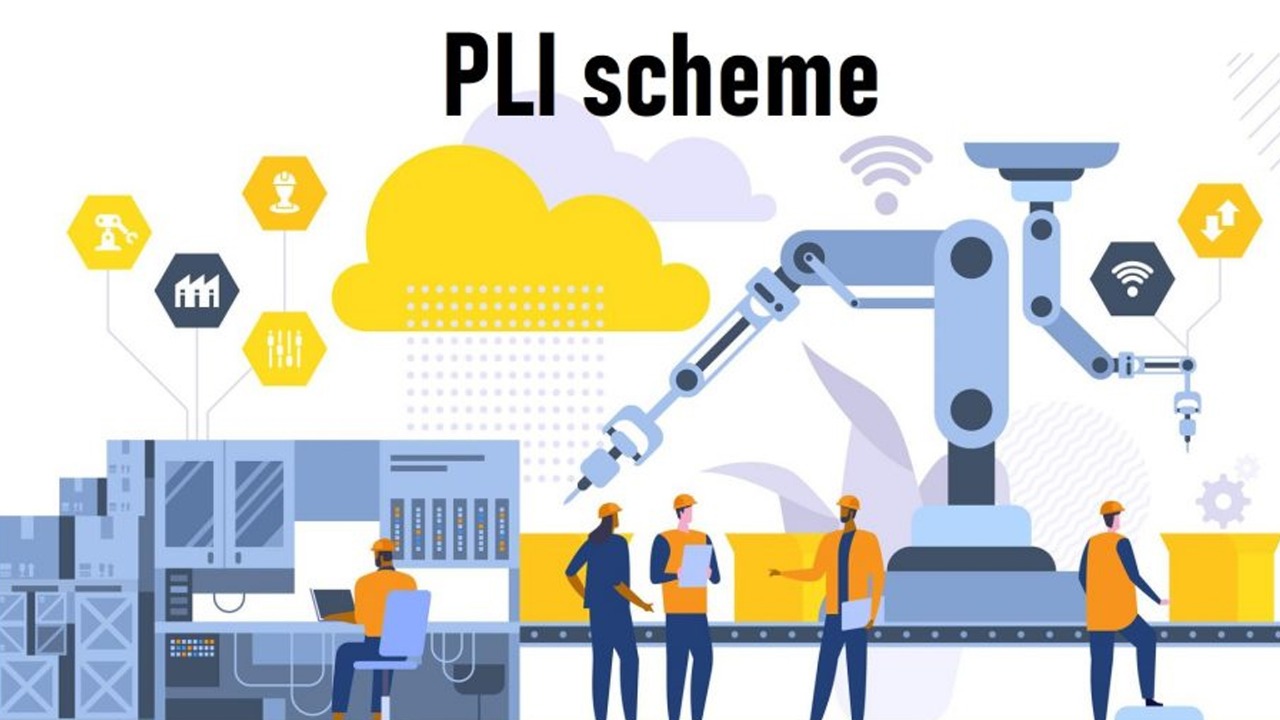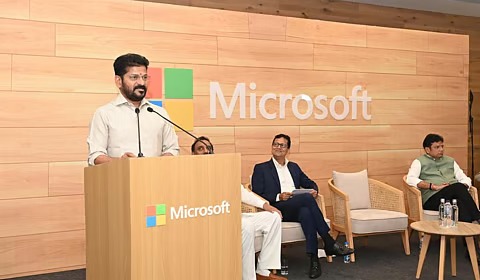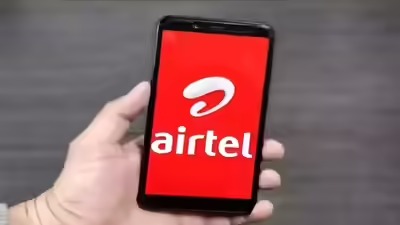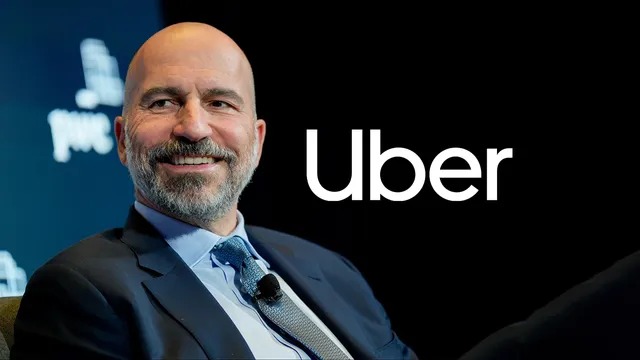
Follow WOWNEWS 24x7 on:
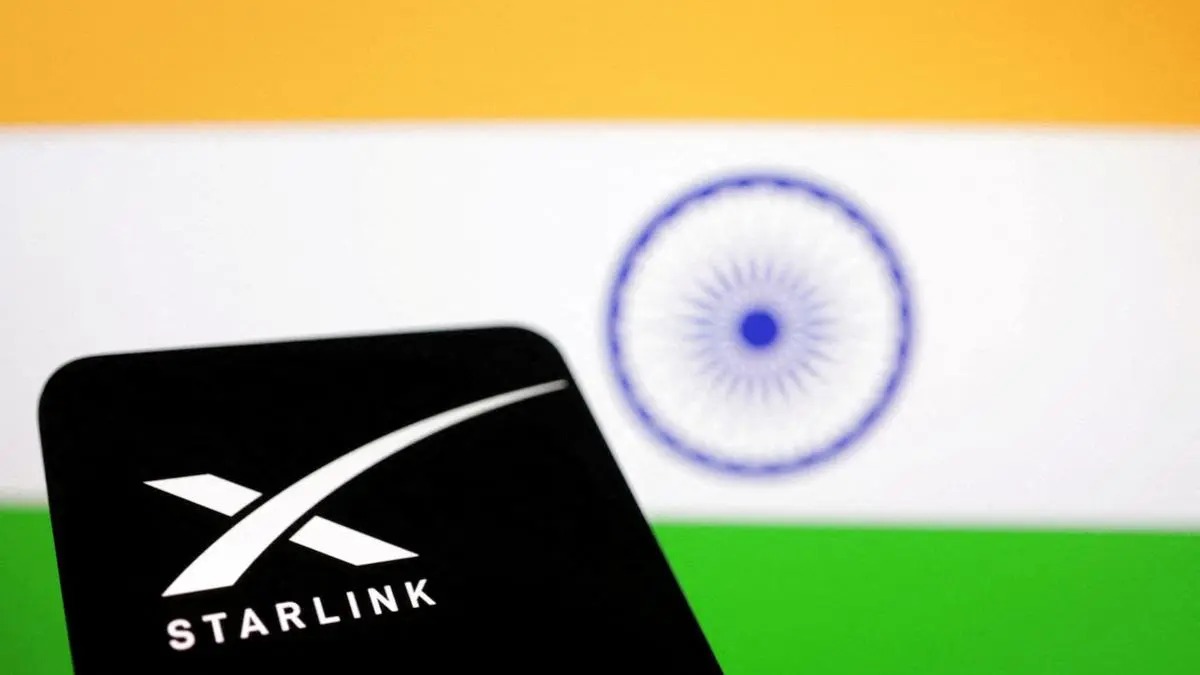
India has officially granted Elon Musk’s Starlink permission to operate satellite-based communication services in the country—but not without laying down strict ground rules. The Department of Telecommunications (DoT) has issued a Unified License to Starlink Satellite Communications Private Limited, with security conditions that bar the company from copying, decrypting, or mirroring Indian user data outside national borders. This move signals India’s firm stance on data sovereignty in the age of global satellite internet.
Key highlights from the Starlink permit approval
- Starlink must route all Indian user traffic through earth station gateways located within India
- No Indian data can be copied, decrypted, or mirrored on servers or systems abroad
- The Unified License was granted after Starlink agreed to comply with India’s stringent security protocols
- The Telecom Regulatory Authority of India (TRAI) has submitted recommendations on spectrum pricing and assignment
- The move is expected to boost employment and infrastructure in India’s satellite communication sector
What Starlink can and cannot do under India’s permit
The permit comes with a set of non-negotiable conditions designed to protect national data:
1. All user traffic originating from or destined for India must be routed through gateways physically located within India
2. Starlink is prohibited from copying or decrypting Indian data outside the country
3. No mirroring of Indian user traffic is allowed on any foreign server or system
4. Earth station gateways must be established in India to facilitate satellite-to-user communication
5. The company must comply with all domestic laws applicable to satellite communication providers
These conditions apply not just to Starlink but to all satellite communication players seeking to operate in India.
Why India is tightening its grip on satellite data
India’s insistence on local data routing and storage stems from growing concerns over digital sovereignty and cybersecurity. With satellite internet providers capable of bypassing terrestrial infrastructure, the government aims to ensure that sensitive user data remains within national jurisdiction.
Minister of State for Communications Pemmasani Chandra Sekhar emphasized that these measures are essential to safeguard Indian users and maintain control over digital infrastructure. The DoT’s decision reflects a broader policy trend toward data localization and strategic autonomy in telecom services.
Spectrum pricing and regulatory roadmap
The DoT has sought TRAI’s input on spectrum allocation and pricing for satellite-based services. TRAI submitted its recommendations on May 9, paving the way for a structured rollout of satellite broadband in India.
This includes:
- Guidelines for spectrum assignment to satellite operators
- Pricing models that balance affordability with infrastructure investment
- Regulatory frameworks to ensure fair competition among players like Starlink, JioSpaceFiber, Airtel, and Amazon’s Project Kuiper
Economic impact and employment potential
Satellite-based communication is poised to become a major economic driver. The installation, operation, and maintenance of satellite networks—including user terminals and earth stations—are expected to generate employment across sectors.
The government anticipates growth in:
- Technical jobs related to satellite hardware and software
- Field operations for network deployment
- Customer support and service management
- Local manufacturing of satellite communication equipment
Final thoughts
Starlink’s entry into India marks a significant milestone in the country’s digital evolution. But it also underscores the government’s resolve to protect user data and assert control over emerging technologies. With strict conditions in place, India is welcoming satellite internet—but only on its own terms.
Sources: Livemint, Rediff Money, Economic Times

